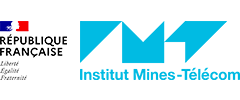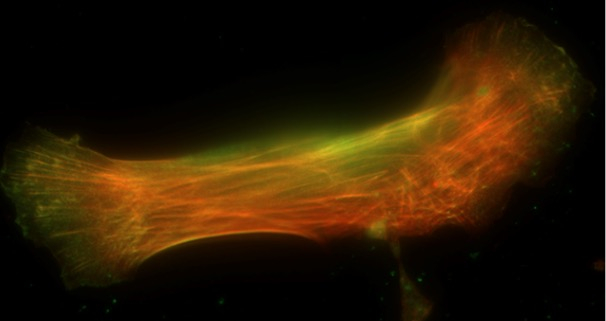Stéphane Avril, Mines Saint-Étienne, winner of the prestigious ERC Proof of concept grant
Mines Saint-Étienne professor Stéphane Avril has won a grant from the European Research Council, Europe’s most prestigious and selective research funding organisation, for his MECHANOMICS-POC project.
The efficacy of many drugs, such as those for cardiovascular disease and cancer, varies between individuals. The chemical effect of these drugs is affected by the mechanics of biological tissues surrounding diseased cells, which are different in each patient. But there is currently no device for studying the mechanics of these tissues.
MECHANOMICS-POC seeks to transfer technology that is able to study the mechanics of biological tissues (BIOLOCHANICS project, which already won an ERC Consolidator Grant in 2015).
The funding provided by the ERC will allow us to develop a prototype to establish proof of concept for our research. We then plan to continue our technology transfer process through to founding a start-up. The ultimate goal is to develop a research tool for the pharmaceutical industry to develop new personalized drugs depending on the tissue mechanics of each individual.
– Stéphane Avril
Improving the efficacy of drugs to combat cardiovascular disease and cancer
By combining mechanics, imaging and artificial intelligence, Stéphane Avril and his team at the SAINBIOSE unit (under the joint supervision of Inserm, Jean-Monnet University, the Saint-Étienne University Hospital Centre, the National French Blood Institute and Mines Saint-Étienne), successfully developed technology to study the mechanics of biological tissues with a spatial resolution of 10 µm. Such a resolution is very difficult to achieve in biomechanics.
A piece of biological tissue is placed in an imaging system (like a microscope). The tissue is secured by motorized clips connected to a computer. The clips are remotely controlled to deform the tissue, and data about the mechanical reactions is sent to the computer. The research team uses algorithms to predict the mechanical reactions of the tissue and how they impact the chemical reactions of drugs.
Expertise in Healthcare of the Future
Mines Saint-Étienne is France’s leading engineering school for Healthcare Engineering. Its expertise is based in particular on the Center for Healthcare Engineering (CIS), where researchers seek solutions for major challenges in healthcare and independent living.
The CIS is located on the Health Innovations Campus of Saint-Étienne Métropole, a unique ecosystem for education, research and innovation in healthcare, bringing together Mines Saint-Étienne, Jean-Monnet University, the Saint-Étienne University Hospital, the National French Blood Institute and Inserm, who jointly supervise the Sainbiose research unit.
This research area also aligns with IMT’s national priority for Healthcare Engineering and Services, and has been supported for several years by an active IMT community including over 150 researchers and research professors (some of whom belong to another joint unit with Inserm), working in a number of fields, mostly related to digital health.
We congratulate Stéphane Avril for this recognition which is a great source of pride for IMT. It is the second ERC grant he has received for his research, and the third for the SAINBIOSE laboratory and our Center for Healthcare Engineering, and the 6th for Mines Saint-Étienne overall. I would like to remind everyone that Healthcare of the Future is a major strategic focus for Mines Saint-Étienne and Institut Mines-Télécom (IMT), the number-one group of engineering and management schools in France, of which the school is a member.
– David Delafosse, Acting Director of Mines Saint-Étienne
Press contacts :
- Mines Saint-Étienne : Elodie AUPRETRE – 07 62 19 83 09 – e.aupretre@agence-mcm.com
- Institut Mines-Télécom : Séverine Picault, attachée de presse, 06 27 66 05 09


















